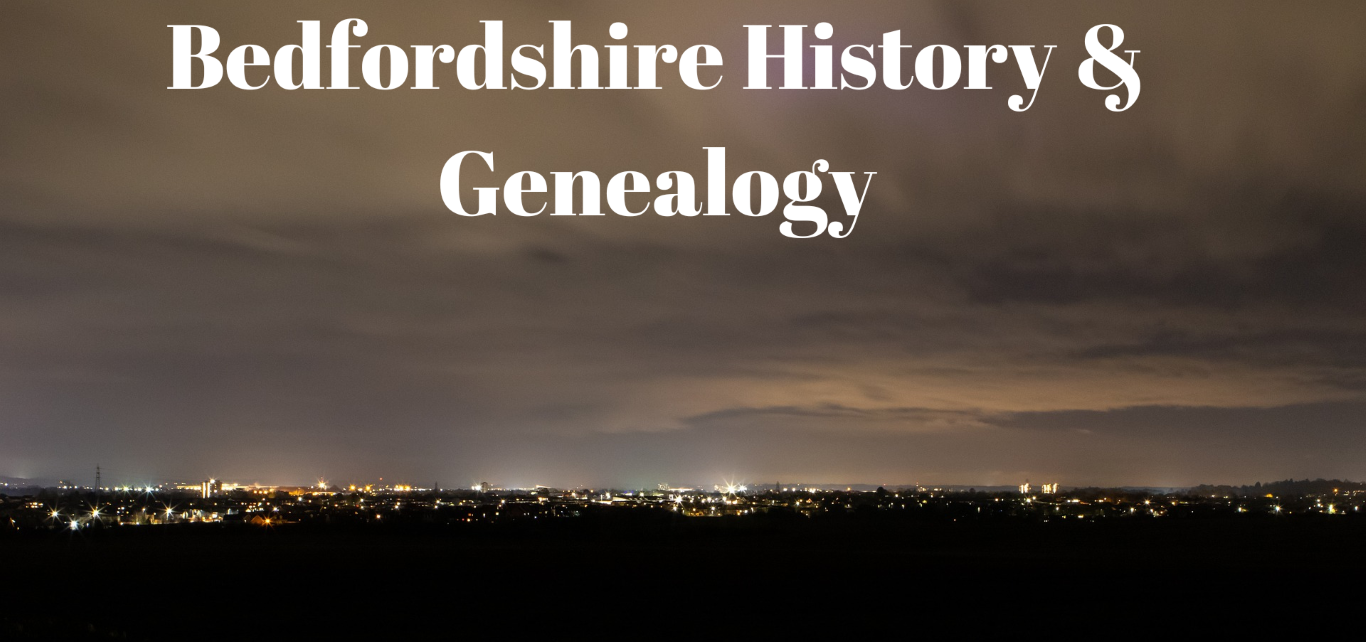Potton
The earliest documented reference to Potton is in a tenth century document concerning a grant to Ramsey Abbey.
By the time of the Norman conquest of Britain, the village was part of the Earldom of Huntingdon. The market is believed to have existed before 1202, and the layout of the town probably dates to this period. The Burgoyne family owned much of the land in the seventeenth century, and even today, the middle school in Mill Lane bears the Burgoyne name. Potton's thriving market began a slow decline during the 19th century until only the well known Horse Fair was left in the early years of the 20th century
Potton town centre is an excellent example of an enclosed medieval square (Market Square)containing several fine buildings which survived a disastrous fire in 1783. Buildings around the Square date from the 17th, 18th and 19th centuries as do many others around the central part of the town. The centre of the Square is dominated by the neo-Georgian clock house, now used as a library, was built in 1956. The graveyard of St Mary's Church contains some interesting carved gravestones.
[From Samuel Lewis's Topographical Dictionary of England 1831.]
POTTON, a market town and parish in the hundred of BIGGLESWADE, county of BEDFORD, 11£ Miles (E.) from Bedford, and 48 (N. by W.) from London, containing 1498 inhabitants. A great part of this town was destroyed by fire in 1783, on which occasion the damages were estimated at £25,000, exclusively of the expense of temporary erections in the adjacent fields, for the accommodation of the inhabitants, until their houses could be rebuilt. It is pleasantly situated at the foot of a hill, on the high road from London to Cambridge, and consists principally of one long street: the inhabitants are supplied with water by means of several small rivulets, and the adjacent neighborhood is highly respectable, and contains some genteel and handsome mansions. The market is on Saturday, chiefly for corn and straw-plat, but the business done is very inconsiderable. In 1227, a fair was granted by charter of Henry III.: at present, fairs are held on the third Tuesday in January, the last Tuesday in April, first Tuesday in July, and the Tuesday before the 29th of October, all which are noted for the sale of horses and sheep. The living is a discharged vicarage, in the archdeaconry of Bedford, and diocese of Lincoln, rated in the king's books at £13.6.8., and in the patronage of the Crown. The church is dedicated to St. Mary. There is a place of worship for Baptists. Three several bequests have been made for the instruction of children ; in 1711, of £50, by Dame Constance Burgoyne; in 1712, of £30, by Alexander Atkinson, and in 1170, of £400, by John Caryer; which are vested in land, and, with the sum of £3.16.8. per annum, a proportion of the town land receipts, are applied to the instruction of about thirty of both sexes.
Photograph of Potton Market Square
Potton History Society
Potton History Society was formed in 1977 and has built up a membership of over 100 people. It holds monthly meetings in the Community Centre in Brook End, normally on the fourth Thursday of the month. It is an active society which organises trips, publishes material and maintains a developing archive of past and present photographs and documents.
